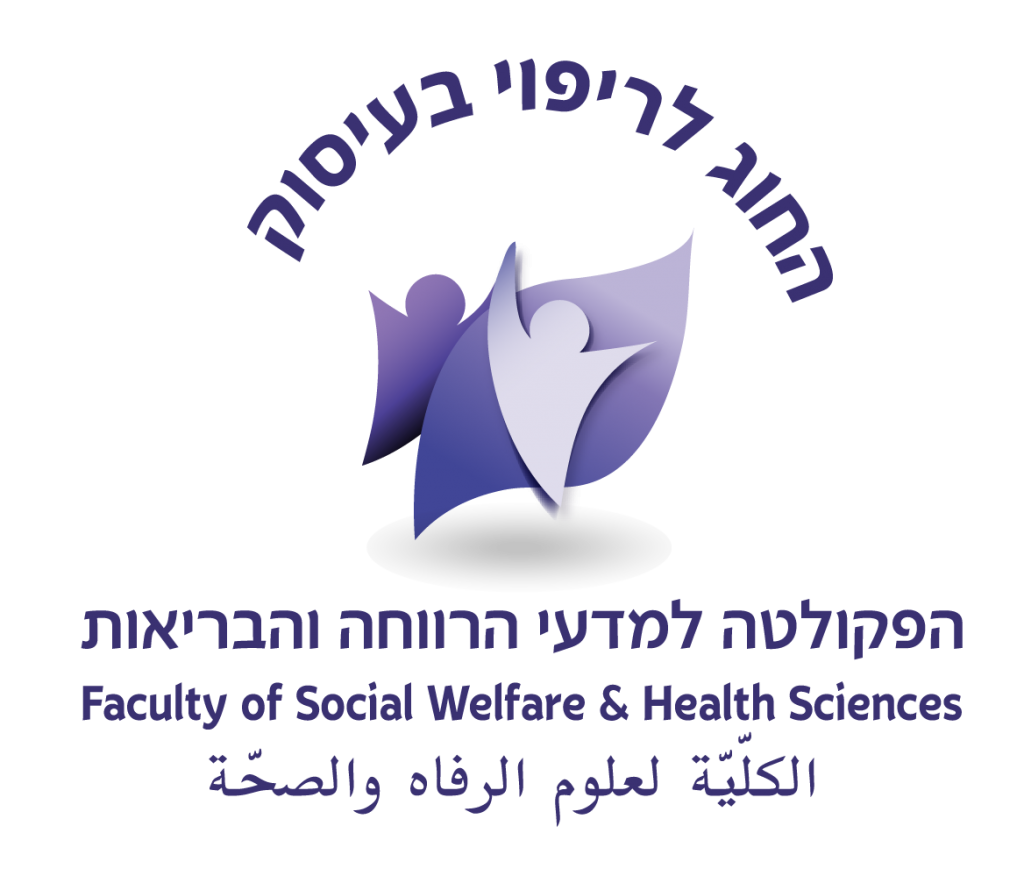כלי אבחון והערכה
הצצה לכלי האבחון וההערכה שפותחו במעבדה, המיועדים לילדים, מתבגרים ומבוגרים. כלי האבחון וההערכה מתייחסים למאפייני הפעילות וההשתתפות, וכמו גם למגוון היכולות הנדרשות לשם תפקוד יעיל.
מה חדש?

מוזמנים להקשיב להסכת מרתק עם ראש המעבדה פרופ' שרה רוזנבלום –
בפרק זה נשוחח עם פרופ' שרה רוזנבלום מהחוג לריפוי בעיסוק על משמעות מאפייני התפקוד היום יומי לבריאות ואיכות החיים של אנשים המתמודדים עם קשיי קשב וריכוז ו/או היפראקטיביות (ADHD) . נשמע איך נלמדו ומוקדו הקשיים בתהליך המחקר? כיצד מאותרים הקשיים בגילאים השונים בעזרת כלי האבחון שפותחו במעבדה לתפקוד אנושי מורכב ואיך המחקר לאיתור הקשיים הוביל לפיתוח שיטות התערבות המשפרות את התפקוד, הבריאות ואיכות החיים של ילדים בני נוער ומבוגרים עם ADHD.
מוזמנים לכנס הבינלאומי של חוקרי כתיבה!
בתאריכים 2-5 ביוני יתקיים במונטריאול שבקנדה הכנס הבינלאומי של חוקרי כתיבה. זו הזדמנות מצוינת לפתח שיח עם חוקרים מרחבי העולם העוסקים בהיבטים של כתיבה בתחומי הבריאות, החינוך, האמנות, רובוטיקה, למידה מוטורית, זיהוי כתיבה ועוד.












